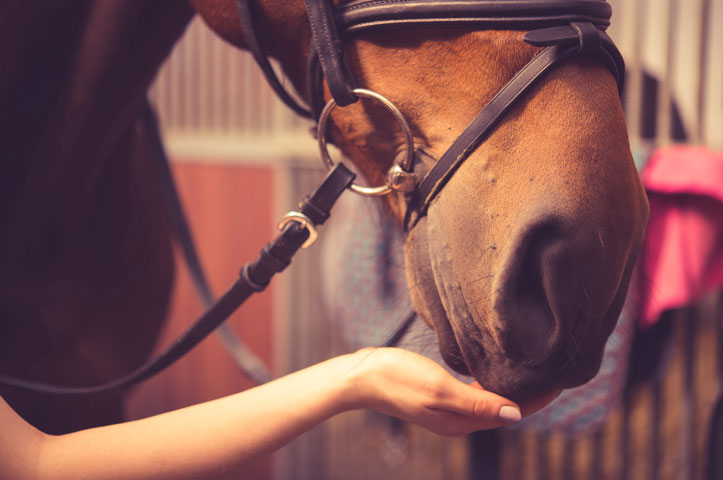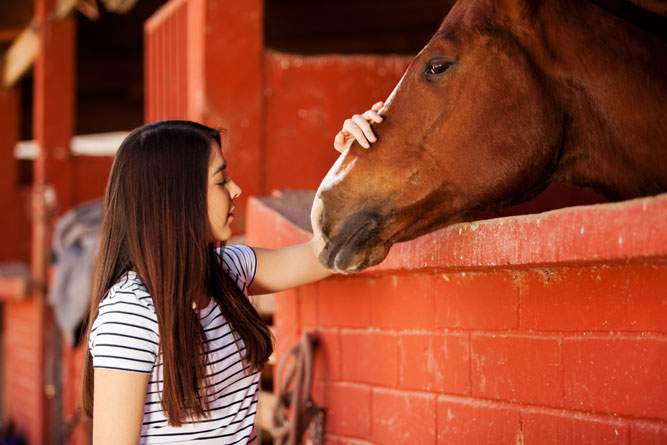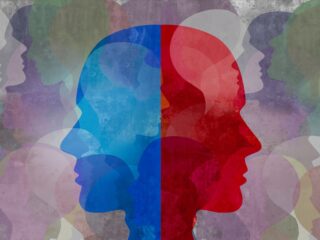When it’s time to get sober, there are many different therapies and techniques to get you there. Anyone quitting drugs or alcohol will need a proper detox and initial treatment period to safely flush the drugs from their body, but recovery isn’t over once drugs are flushed from your system.
Recovery is a lifelong challenge. Even after you’ve gotten over the worst parts of drug withdrawal and initial treatment, you will need continued treatment and therapy to keep you sober for a lifetime. There are many unique therapies across the country but some of the best therapy might be found with a beast of burden – the horse.
Equine therapy, or recovery therapy utilizing horses, is quickly become a popular treatment therapy for a variety of conditions, including addiction. Let’s learn what we can about equine therapy including what it is, how it works, and how it can help heal addicts.
What is Equine Therapy?
Equine-assisted psychotherapy, more commonly known as equine therapy, is a form of animal-assisted therapy. In equine therapy, horses are the primary animal used in therapy. Animal-assisted therapy was formerly reserved for children’s hospitals and assisted-living facilities but has become more common in assisting in a variety of mental and affective conditions like addiction.
Researchers wanted to see if addicts could get the same benefits of animal-assisted therapy that other patients received for other conditions. Though rigorous studies on animal-assisted recovery and addiction are few, one study published in Clinical Practice and Epidemiology in Mental Health showed farm animals provided positive results in therapy for a variety of affective disorders including mood disorders.
Though clinical research on equine therapy for recovery is in its infancy, many drug treatment and recovery programs have seen the benefits with their own eyes. Let’s find out why working with horses can be so effective.
What Do You Actually Do in Equine Therapy?
We know equine therapy is animal-assisted is therapy involving horses, but what exactly do you do with the horses? Equine therapy mostly involves standard care of horses. You will learn to care for the horse, feed it, clean it, and exercise it. You will be partially responsible for the horse’s well-being, and the horse will look out for your well-being. This simple relationship can help an addict make strides in their self-esteem, mood, negative thoughts and behaviors, and can help establish other healthy routines.
Why Horses?
We’ll learn more about the individual ways horses specifically can aid in recovery but it’s helpful to know about horse’s vomeronasal organ. The vomeronasal organ within horse’s nose allows them to pick up on shifts in the air. Have you heard about animals smelling fear? The horse can. It can also smell anxiety, happiness, and several other human emotions. This simple organ gives horses and humans a unique relationship.
The horse tends to mirror the emotions of those handling it which provides feedback for those in equine therapy. Watching and caring for horses and learning how to keep them calm and happy will teach the person in therapy to keep themselves happy. You want the horse to be calm, so you’ll practice being calm. When the horse is happy, you’ll be happy. Before long the addict learns how to deal with challenges, chores, and other tasks with the same demeanor. The addict can take the lessons learned in equine therapy and apply them to other situations.
Why Does Equine Therapy Help?
While clinical research on equine therapy for addiction is limited, you can look on the surface for the obvious benefits to the mind, body, and spirit.
Mind
Horses have been domesticated for several hundred years. Humans didn’t choose horses to domesticate just because they were fast, but because they were also sensitive to human interaction. Over several hundred years of breeding horses have become attune to human emotions and form a special bond with their handlers.
Sensitivity to emotion allows those in equine therapy to connect with the horse, even when they can’t always connect with humans. This similar responsiveness to need and emotion is what makes therapy dogs and cats work, and why equine therapy works for mental health too. People who may otherwise have low self-esteem or can’t communicate their mental well-being can do some with horses.
Body
During recovery, you’ll hear plenty of advice on taking care of your mind and spirit but taking care of your body is critical for recovery too. Most addicts and alcoholics do not exercise, or eat right, or get enough time in the sun. All three of those can help you feel better, look better, and can help calm symptoms of post-acute withdrawal syndrome like insomnia, depression, anxiety, and irritability. When you spend hours outside with a horse you will feel physically-fulfilled and it will reflect in your recovery.
Spirit
There’s something profound about working with animals. Animals can touch us in a way that no human can. We know that the love or caring that comes from a dog, or cat, or horse is genuine affection which can oddly touch our hearts and souls more than many other types of therapies.
It’s difficult to think of equine therapy as anything less than a spirit-to-spirit therapy. The person in recovery connects to the horse’s spirit and the horse responds to the patient in therapy. There was no mistake in choosing horses as an animal for therapy. Think of the countless books, stories, and movies where someone and their horse have a deep, spiritual connection. This spiritual connection can be a huge boost for an addict in despair.
Starting Equine Therapy
Equine therapy is available across the US though you may have to search for it if you live in the heart of the city. Read up on other resources and talk to an equine therapist to find out if equine therapy can help in your recovery.







